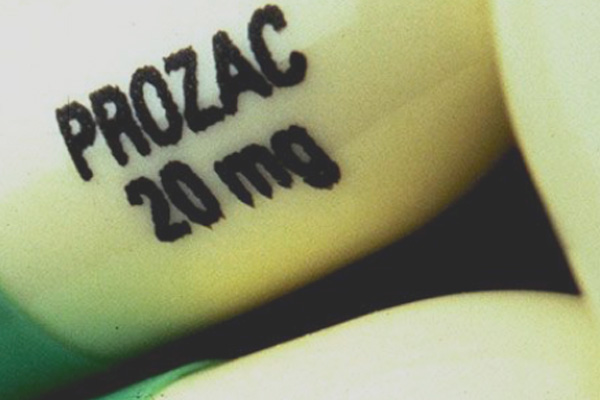TIED WITH PLACEBO –
July 25, 2022 – A paper in the journal Molecular Psychiatry recently tried to examine the scientific evidence for the serotonin hypothesis of depression from several possible angles and found it severely wanting. To me, this does not come as a great surprise. It always seemed unlikely that so simple a hypothesis would be correct and account for a condition so protean in its manifestations, so various in its causes, so doubtful even in its nosological identity. When I was a young doctor, there was a prolonged dispute as to whether depression was a single entity that varied along a single axis of severity, from trivial to life-threatening, or whether there were two types, reactive and endogenous, the second much rarer but leading eventually to severe melancholia, and not caused by anything in the patient’s life or circumstances to explain it. Politically, if not scientifically, the former view won: and now, as one eminent psychiatric researcher put it, “there is only depression, and more depression.”
This, of course, was music to more than one type of person’s ears. All unhappiness became depression: indeed, the words unhappy and unhappiness almost disappeared from Western man’s lexicon. The bodily norm was bliss and deviation from it was illness. The solution was medication.
Presently, a new kind of antidepressant came along, the SSRI, with a seemingly more benign side-effect profile than the older antidepressants, such as amitriptyline, which was dangerous in the overdoses that the depressed, or so-called depressed, were inclined to take. And the SSRIs came with a pleasingly simple hypothesis to explain their efficacy, insofar as they had any. A real bonanza! Before long, a sixth of the adult population of several large countries were taking them. A pill for every ill became a social, if not strictly a medical, reality. The sum total of human misery is difficult to measure, but it is not obvious that it has declined with the advent of these drugs.



